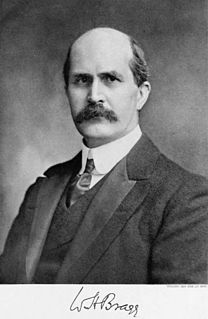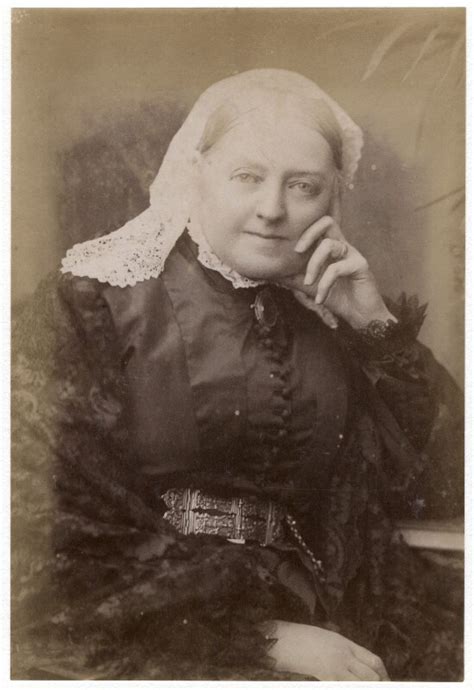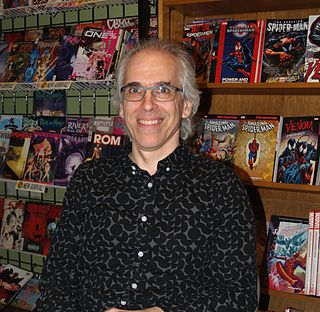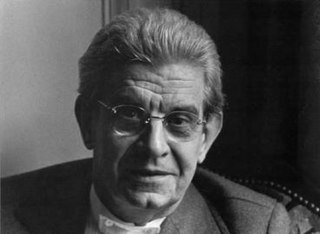A Quote by Malcolm Gladwell
Happiness, in one sense, is a function of how closely our world conforms to the infinite variety of human preference.
Related Quotes
I'm such a product of my media diet... it's interesting that you say what I do is observational. It's observational as far as it goes - to the extent that I observe media closely. Kriota might have a better sense of this. I don't always have the best sense of how human nature works, but I certainly know how to dismantle representations of characters.
If you think about work, it's just this endlessly fascinating subject. We spend at least half of our waking hours working. So it becomes this incredible window into a whole variety of things: who we are human beings, how the economy works, how people relate to each other, how stuff is made, how the world spins on its axis.
In this external world, which is full of finite things, it is impossible to see and find the Infinite. The Infinite must be sought in that alone which is infinite, and the only thing infinite about us is that which is within us, our own soul. Neither the body, nor the mind, nor even our thoughts, nor the world we see around us, is infinite.
You will see in this my notion of good works, that I am far from expecting to merit heaven by them. By heaven we understand a state of happiness, infinite in degree, and eternal in duration. I can do nothing to deserve such rewards... Even the mixed imperfect pleasures we enjoy in this world, are rather from God's goodness than our merit, how much more such happiness of heaven!
Alas, human vices, however horrible one might imagine them to be, contain the proof (were it only in their infinite expansion) of man's longing for the infinite; but it is a longing that often takes the wrong route. It is my belief that the reason behind all culpable excesses lies in this depravation of the sense of the infinite.
Happiness and the absurd are two sons of the same earth. They are inseparable. It would be a mistake to say that happiness necessarily springs from the absurd discovery. It happens as well that the felling of the absurd springs from happiness. "I conclude that all is well," says Oedipus, and that remark is sacred. It echoes in the wild and limited universe of man. It teaches that all is not, has not been, exhausted. It drives out of this world a god who had come into it with dissatisfaction and a preference for futile suffering. It makes of fate a human matter, which must be settled among men.
...Desire, a function central to all human experience, is the desire for nothing nameable. And at the same time this desire lies at the origin of every variety of animation. If being were only what it is, there wouldn’t even be room to talk about it. Being comes into existence as an exact function of this lack.

































